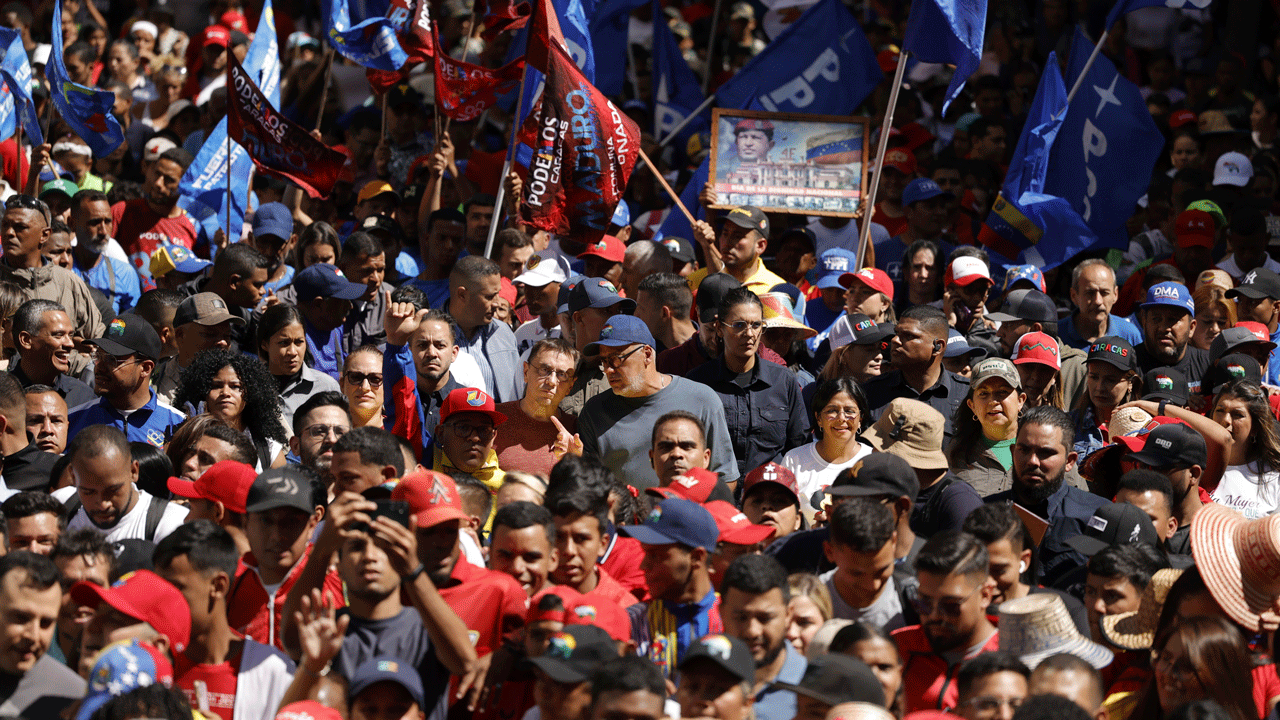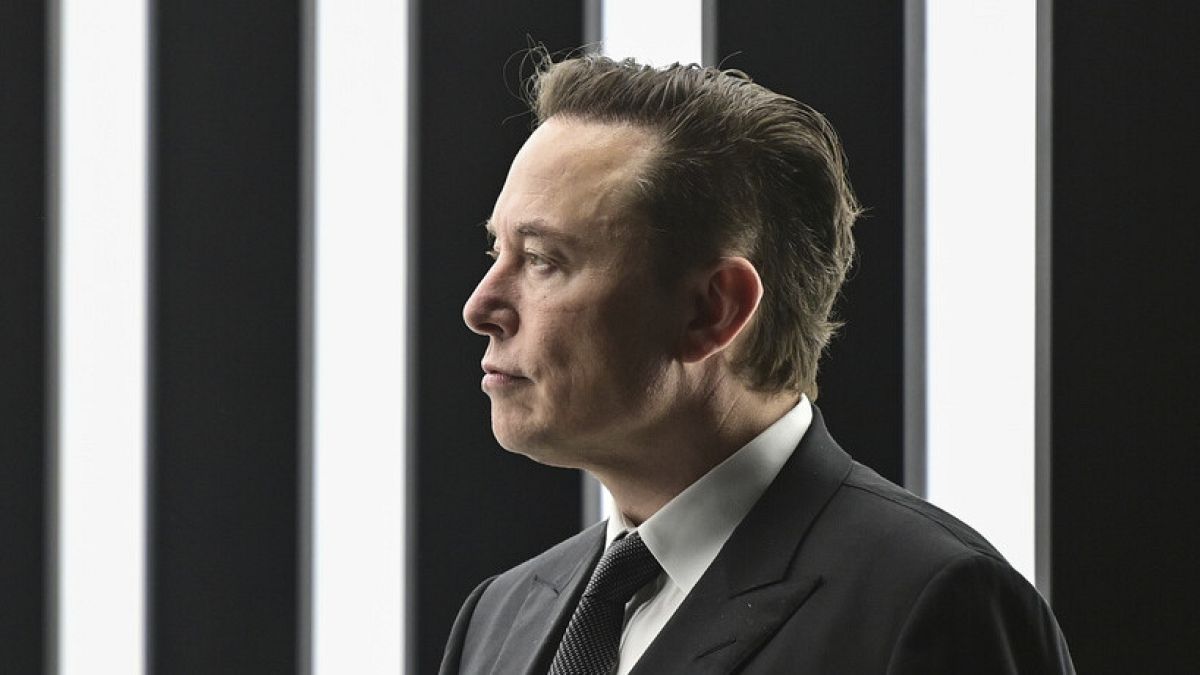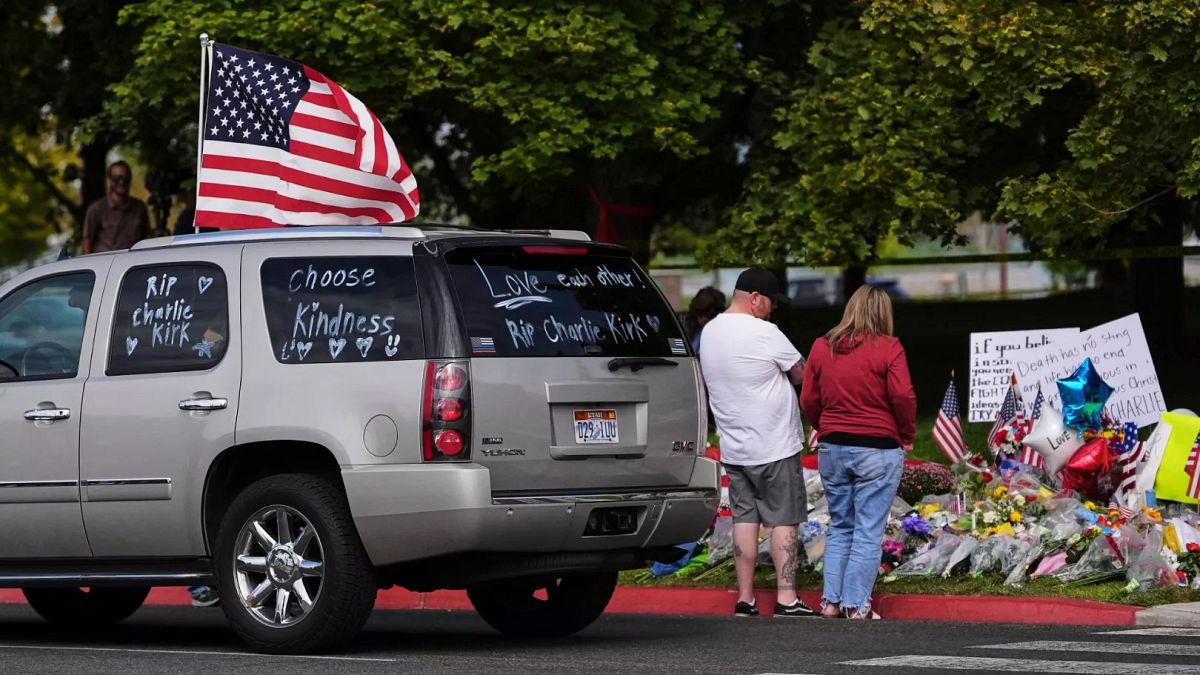Dueling political factions demonstrate in Venezuela's capital as presidential election race heats up
Opposition leader Maria Corina Machado and incumbent President Nicolas Maduro are both seeking to rally supporters ahead of an election which will take place this year.

CARACAS, Venezuela (AP) — Dueling political factions took to the streets of Venezuela's capital on Tuesday for the first competing rallies of the presidential election year, showcasing their ability to draw people en masse, as voters grapple with political disappointments and uncertainty over the candidate who ultimately will challenge President Nicolás Maduro.
Supporters of Maduro’s ruling party and opposition leader María Corina Machado demonstrated in Caracas a day after Venezuela’s top prosecutor announced the detention of more than 30 people and arrest warrants for a dozen others who allegedly plotted efforts to destabilize the South American country’s government.
US SWAPS MADURO ALLY WITH VENEZUELA FOR 10 AMERICANS, INCLUDING 'FAT LEONARD'
But if either camp had hoped to scare the other in numbers, neither gathered the tens of thousands each were capable of last decade.
Maduro supporters — overwhelmingly a mix of state workers, ruling-party community leaders and loyalists of the late President Hugo Chávez — walked across the city, with dozens of them also concentrating in the same plaza where Machado, the winner of an October presidential primary election, was expected to address her own followers.
More than an hour after Machado was supposed to show up, her supporters left the plaza and stopped traffic, allowing her to address them from a makeshift stage as they waved Venezuelan flags.
"They talk about elections, but they are terrified of elections," Machado said, referring to Maduro and his allies. "But because they know that they do not have votes, they hide... behind threats, persecution, lies, a fabricated sentence, to try to end us. Let them know clearly, no one takes us out of this electoral route."
Maduro and the opposition faction behind the primary agreed last year to hold a presidential election in the second half of 2024. Maduro will seek to add six more years to his decade-long, crisis-ridden presidency. His challenger's participation in the election remains in doubt even though she won the primary with more than 90% of support.
The government has banned the former lawmaker from running for office, and Attorney General Tarek William Saab has opened criminal investigations against organizers of the primary, which was carried out with no support from Venezuela’s electoral authorities. Authorities have not shown any evidence supporting the ban against Machado, who has continued to campaign, insisting that voters, not ruling-party loyalists, are the rightful decision makers of her candidacy.
The uncertainty is sowing doubts among her supporters.
Digital marketing manager Yeickson Ramos considers Machado "the most serious and credible option" that the opposition has "to challenge the government." But at Tuesday's rally, Ramos, 33, acknowledged the urgent need for the opposition to determine the steps to follow if the government does not lift Machado’s ban.
"Will she choose (her substitute)?" said Ramos, who has witnessed the apathy that previous opposition failures have created among voters. "Or will there be an internal negotiation that concludes it can’t be any of the primary candidates who received minimal support, but we are going to look for an option that is attractive to the population."
The U.S.-backed opposition stunned its allies and adversaries when more than 2.4 million people, included in neighborhoods long considered strongholds of the ruling party, voted in the primary. The high turnout happened despite numerous setbacks and government efforts to discredit and discourage participation in the contest.
In December, Maduro’s government was stunned again when it held a referendum on claiming part of Guyana and voting centers appeared virtually deserted throughout Election Day. Maduro and his allies insist more than 10 million people voted. Still, the absence of long lines typical of elections called for by the ruling party displayed its growing inability to mobilize supporters, even when some are required to submit proof of participation to keep their jobs or maintain certain government benefits.
Chavistas — supporters of Chávez and his self-described socialist policies — have long been cautious when expressing criticism of Maduro, who was handpicked by Chávez to lead Venezuela shortly before he died in 2013. A complex ten-year crisis that pushed millions into poverty coupled with recent corruption scandals is loosening lips.
Leonard Suarez, a Caracas lawyer, voted for Chávez and Maduro in previous elections. This year, he says he wants to see on the ballot someone other than Maduro representing Chávez's ideals after concluding that "keeping only one person in power breeds corruption." In the name of democracy, Suarez said, Machado better make it to the ballot.
"She should participate because it would be an example of the democracy that exists in our country," he said near the ruling party's demonstration. "And not only her, any other candidate who has expressed their intention to participate in a presidential election must participate."
What's Your Reaction?
















